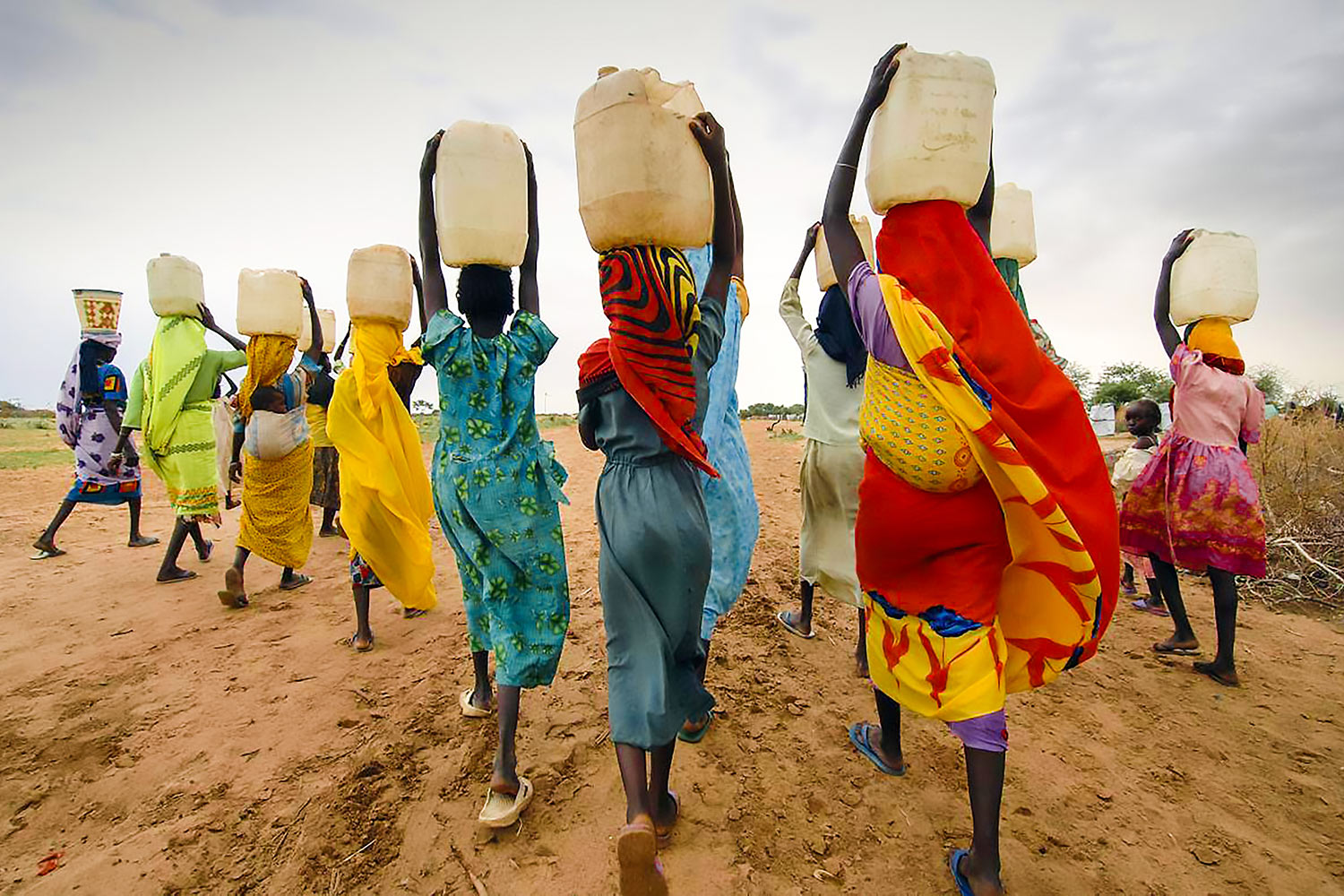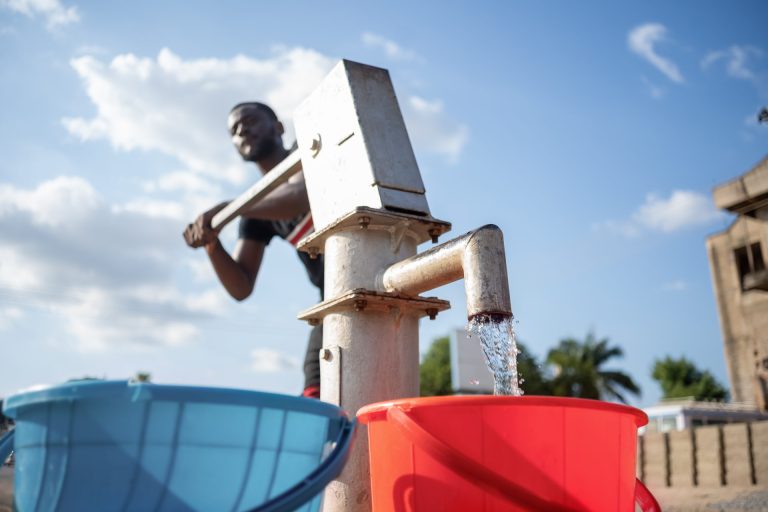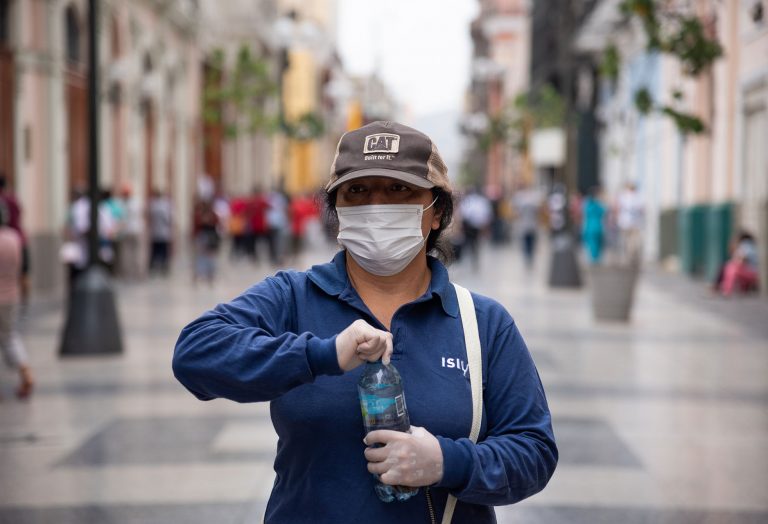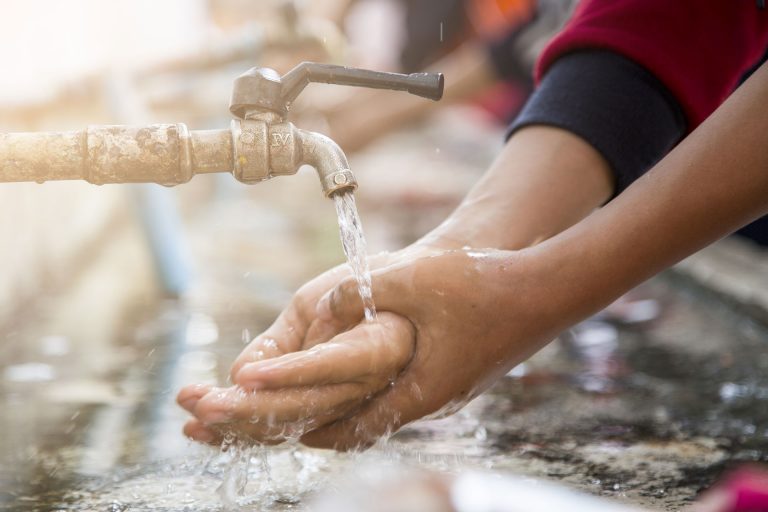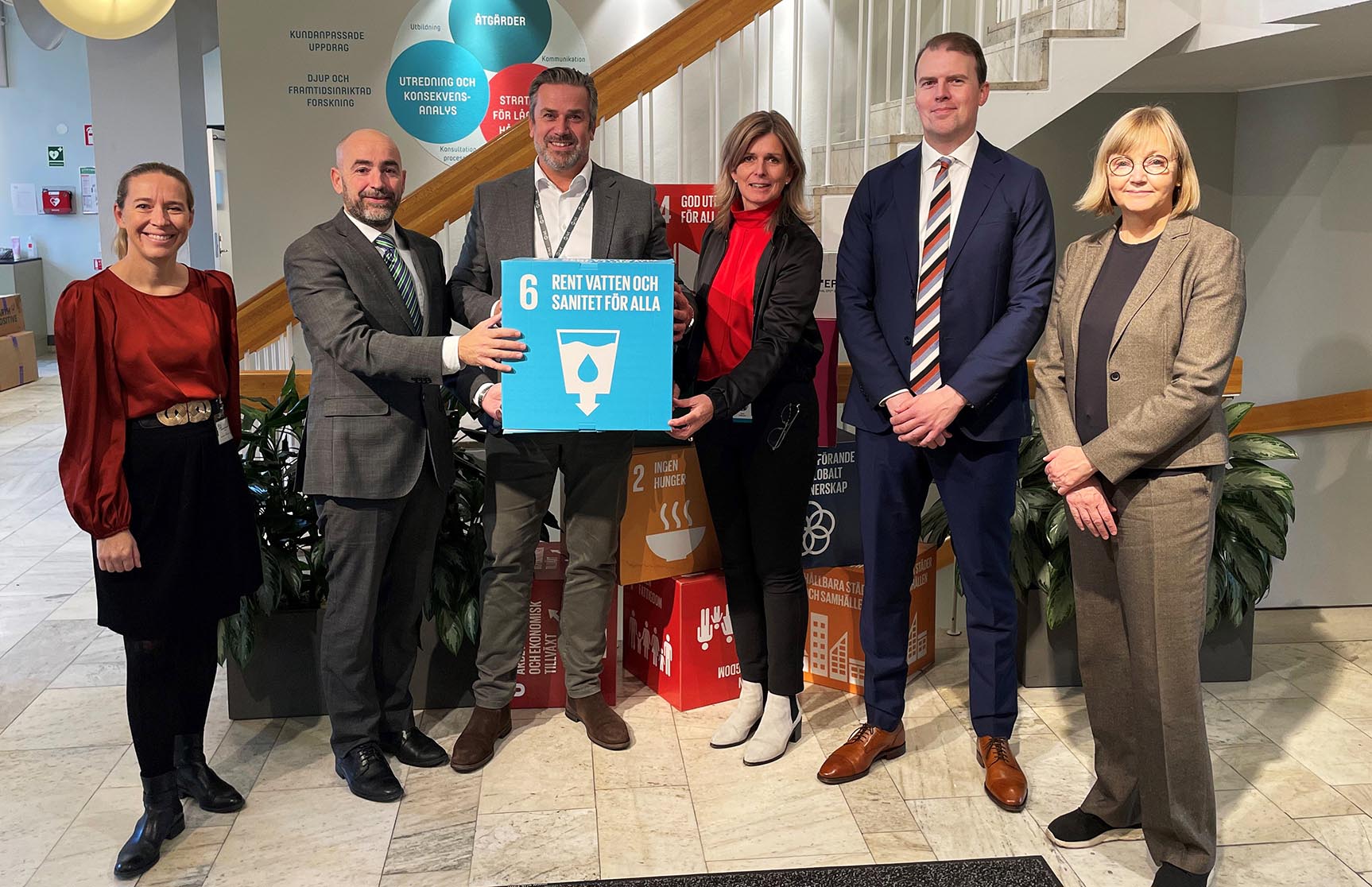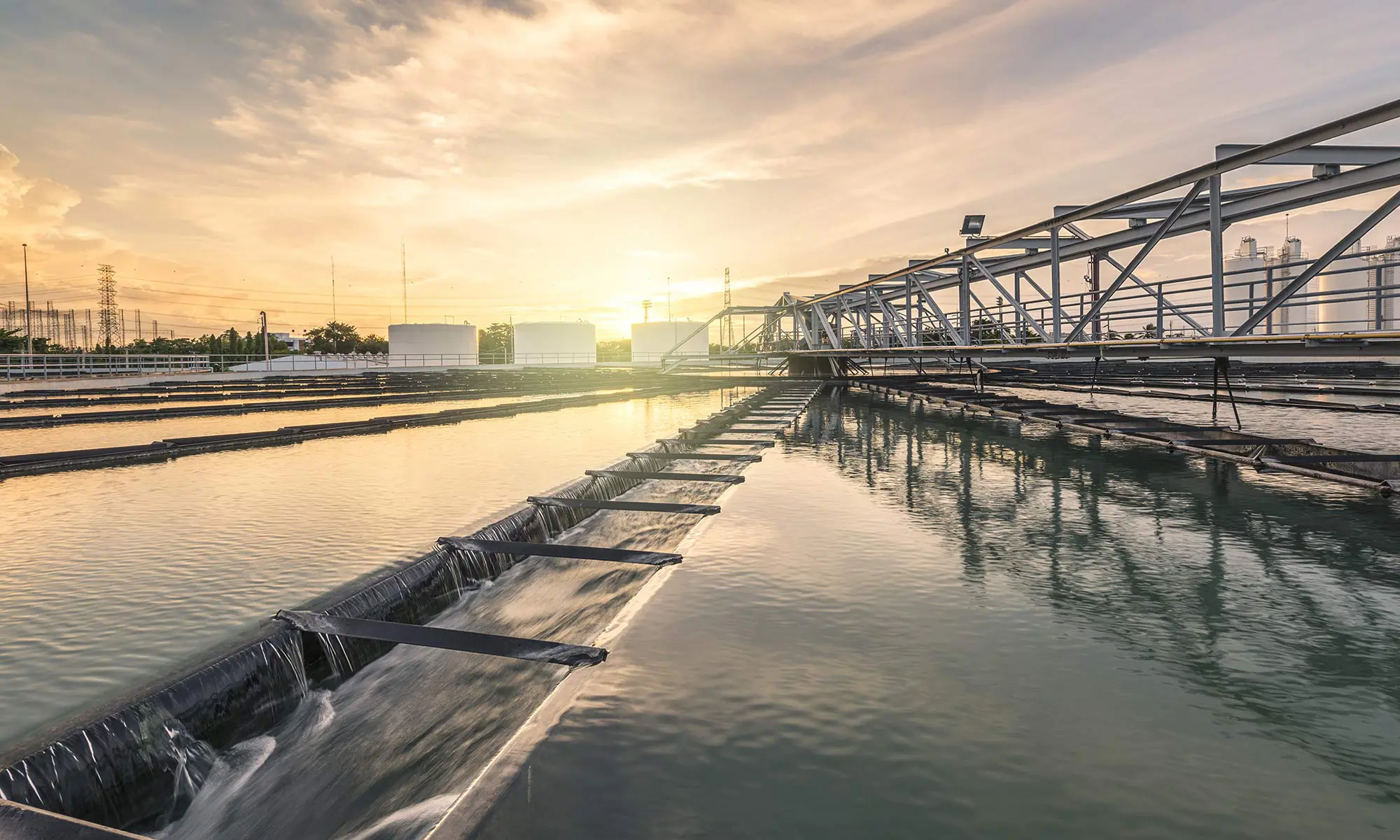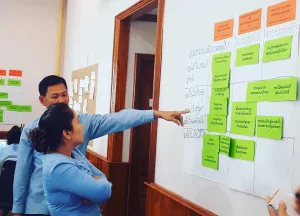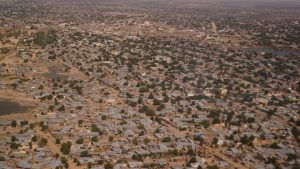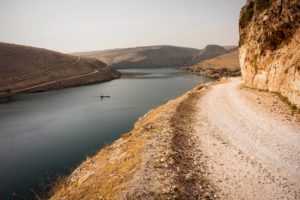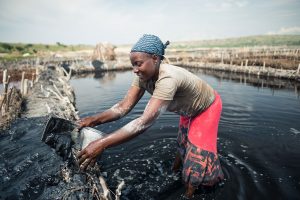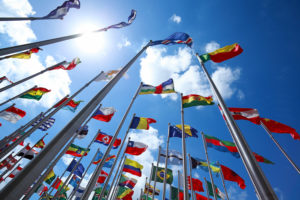heading
The Accountability for Sustainability Programme aims to make water and sanitation services more sustainable through improved governance. It is carried out together with UNICEF and UNDP.
The Accountability for Sustainability Programme is a partnership between SIWI, UNICEF and the UNDP-SIWI Water Governance Facility , focused on improved governance for better water and sanitation services. Ensuring that everyone gets access to clean water and safely managed sanitation is a top priority for both SIWI, UNICEF and UNDP. Within this program, SIWI provides technical assistance and capacity development to UNICEF and UNDP country offices, national and local governments to build a better enabling environment for appropriate delivery of water and sanitation services.
Since its inception in 2014, the programme has been rolled out across the world.
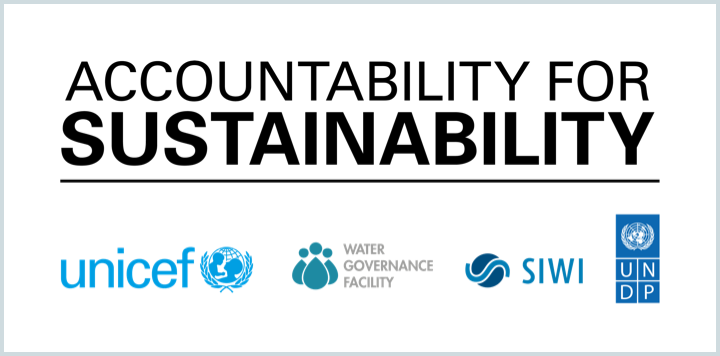
The Accountability for Sustainability Programme is a partnership between SIWI, UNICEF and the UNDP-SIWI Water Governance Facility, focused on improved governance for better water and sanitation services.
UNDP-SIWI Water Governance Facility
The challenge
In many countries, dirty water is the leading cause of death among young children. Lack of clean water and safe sanitation are also linked to other problems, such as malnutrition and children being forced to quit school since they need to fetch water.
With a growing number of countries being affected by rising sea levels, more frequent cyclones or longer droughts, climate change is now recognised as the major challenge of this century for humanity.
The impacts on water resources also have repercussions for the availability and continuity of water and sanitation services. The effects of climate change, together with population growth and urbanisation, have major health, social and economic impacts. Adapting to climate change is crucial for basic services, which are especially vulnerable to climate-related hazards.
Yet, providing access to water and sanitation is no easy task. Studies indicate that 30-50 per cent of WASH projects fail within two years. The reason is normally lack of appropriate water governance mechanisms.
One major challenge is weak institutions that are not able to deliver services effectively. They may be underfunded or saddled with corruption. Staff may not have adequate competence.
Without the right regulations and incentives, the services provided may be of poor quality or not at all available to large segments of the population. This can also cause over-consumption that puts unsustainable pressure on water resources.
It is especially challenging to ensure access to WASH services in fragile contexts, characterized by low levels of trust and where national or local institutions may be perceived to have low legitimacy. People living in conflict-affected regions or in dysfunctional states typically have less access to WASH services than others, which adds to their suffering. Children living in areas of conflict are for example 20 times more likely to die from diarrheal disease than from the conflict itself. Armed groups are also likely to exploit people’s lack of water to strengthen their position.
SDG 6 sets the bar high for the WASH sector. Working towards universal access for all requires systematic and rigorous work to strengthen systems to make sure services and systems we put in place are sustainable.
Recent research shows that technical aspects are often not the problem, but rather the lack of good governance of public service delivery.
System building and strengthening are vital to achieving sustainability of services that benefit children, enabling them to survive and thrive and to live in a safe and clean environment.
Our approach
SIWI works with the UNICEF and UNDP headquarters as well as with their regional offices, country offices, and their national counterparts. A key question in all activities is what constitutes an enabling environment for good water governance and how this can be achieved.
SIWI offers tools and guidance on how to improve regulations, systems, and institutions. The aim is to strengthen efficiency and accountability for long-term sustainability. One example is the WASH BAT tool, which helps stakeholders involved in the water sector, such as governments, universities, think tanks, civil society organizations, and communities, identify and address bottlenecks in their operations. Accountability mapping, regulations, and service delivery arrangements are other important topics.
Since UNICEF and UNDP are active across the world, it is especially important for them to learn how water governance principles can be applied in fragile contexts. SIWI provides expertise on how WASH services can be delivered also under challenging circumstances, which is important for both humanitarian reasons and to ensure that conflicts are not exacerbated because armed groups can gain ground by exploiting people’s lack of water.
